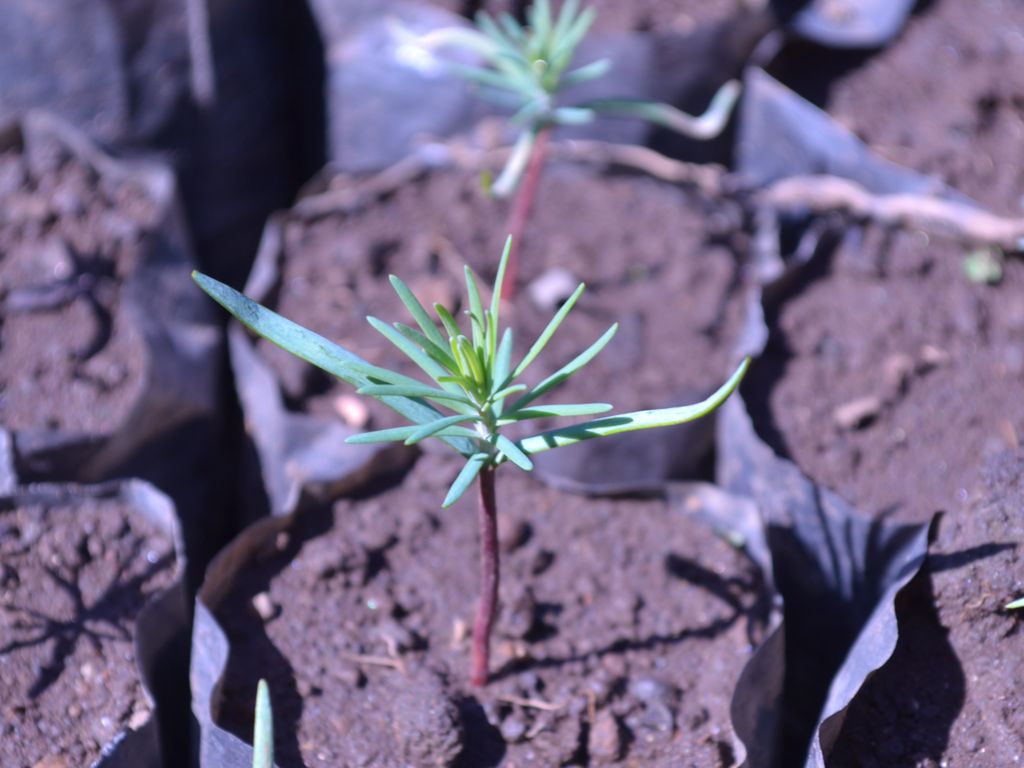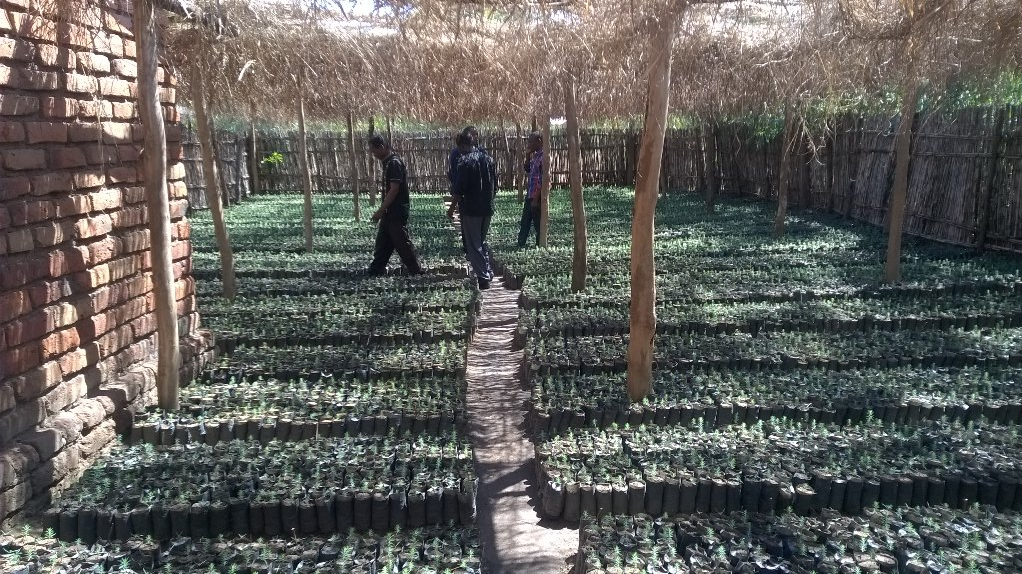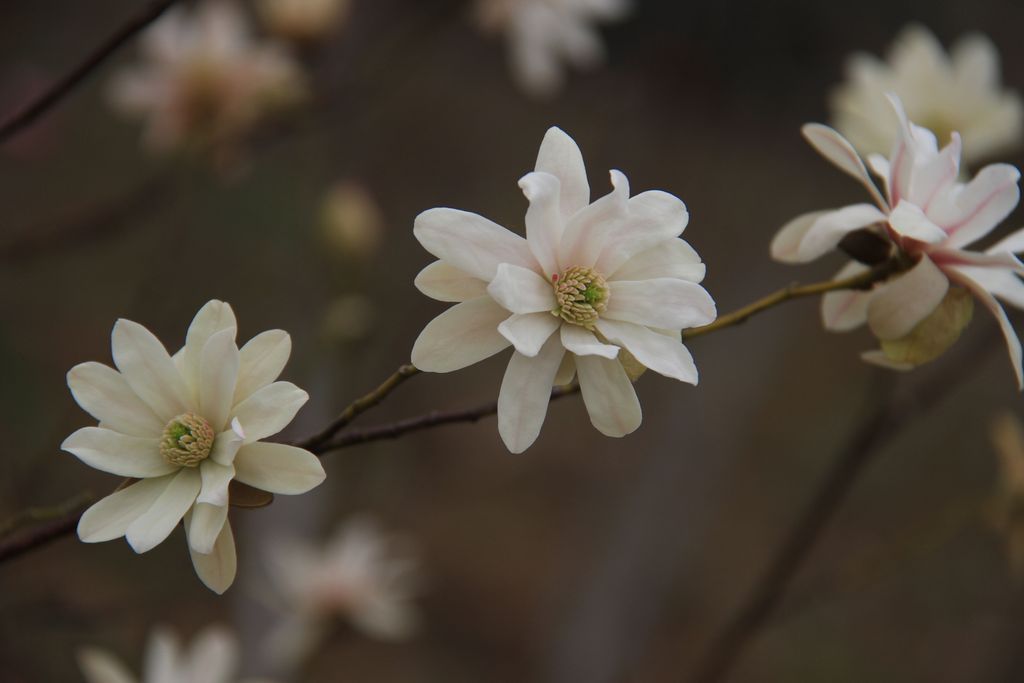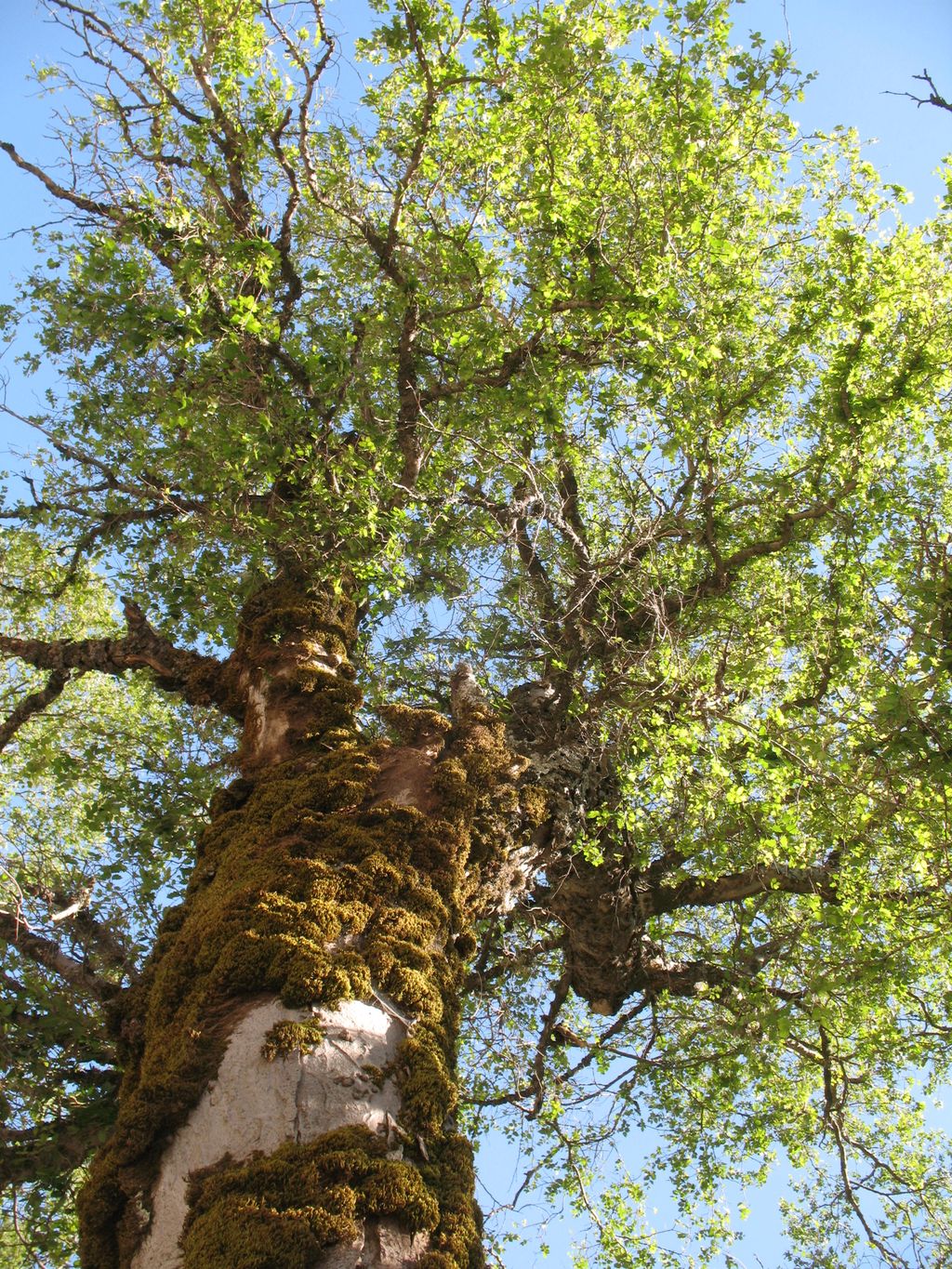Save Our Cedar, Malawi

-
Status of project
Completed -
Region
Africa -
Country
Malawi -
Programme
Ecological Restoration Alliance of Botanic Gardens -
Workstream
Saving Plants -
Topic
Ecological Restoration
Save Our Cedar – Saving Malawi’s national tree
Project: Completed
Funded by: The Darwin Initiative
Overview
Malawi’s national tree – the Mulanje cedar (Widdringtonia whytei) – occurs naturally only in the Mulanje Mountain Biosphere Reserve in South East Malawi. Cedar forest cover has declined drastically in the last thirty years and as a result, Mulanje cedar is now almost extinct.
A sudden and drastic decline in the Mulanje cedar population is due to over-exploitation for timber. The wood is termite resistant, durable and is a preferred material for construction. The wood is also fragrant and used for carving. An increase in the frequency of fire has also exacerbated the problem by reducing natural regeneration of new trees. As a result, the tree is now Critically Endangered and at risk of extinction in its natural habitat if action is not taken immediately to restore it.
The steep decline in populations has resulted in a loss of valuable income for the communities living around the mountain, an area with high population density and levels of poverty. An additional side effect from the loss of this previously dominant tree species is increased soil erosion and floods, due to rapid water run-off from the mountain during rainy seasons. Flash flooding resulted in the loss of 18 lives in 2016 and more in 2022 and 2023, with many houses washed away completely.
The project has generated new knowledge about Mulanje cedar propagation, helped to restore populations of Mulanje cedar on Mulanje Mountain and generated sustainable income from seedling sales for local people, some of whom were previously relying on harvesting timber from Mulanje cedar.
Key Achievements:
- 8 community nurseries established around Mulanje Mountain
- 200 people trained in nursery management and enterprise development
- Improved horticultural protocols developed for Mulanje cedar propagation and restoration by working with international conifer and restoration experts from the BGCI network
- More than 500,000 seedlings planted on Mulanje Mountain
- More than 1,000 jobs created for local communities through the project
- Increased awareness of Mulanje cedar as a commercial timber species that can be sustainably produced and harvested to create a national market for tree seedlings to be used for plantations
- 8 test sites for planting Mulanje cedar have been established across Malawi to investigate if the cedar will grow well in areas outside the Mulanje Mountain Biosphere Reserve
- Hedges have bean planted with communities around Mount Mulanje as part of new livelihoods opportunity trials
- Monitoring plots at 5 sites planted in 2016/2017 were set up to investigate the conditions in which Mulanje Cedar seedlings grow well to inform future planting strategies.
- 4 restoration trial sites established to understand important factors to success (survival and growth rates) when planting trees on the mountain
This project has been supported by the BGCI network. For example, Dan Luscombe, a conifer expert from Bedgebury Pinetum (UK), delivered nursery management and propagation training. Members of the Ecological Restoration Alliance of Botanic Gardens, including from Chicago Botanic Garden, and Kings Park and Botanic Gardens, have helped to design restoration trials for Mulanje cedar.
Restoration work is continuing on Mulanje Mountain and the project investigated other properties of the plants that may offer livelihoods opportunities from Mulanje cedar to local people.

Partners
The project is jointly led by , and works closely with local communities and officials. The project is funded by the UK government’s Darwin Initiative.
This project is implemented in partnership with BGCI, Mulanje Mountain Conservation Trust and the Forestry Research Institute of Malawi, with the support of WeForest. Two 3-year-projects have focussed on the Mulanje Cedar tree, from April 2016 until March 2023, with the second project extended due to the impacts of COVID-19.
For more information contact alex.hudson@bgci.org



